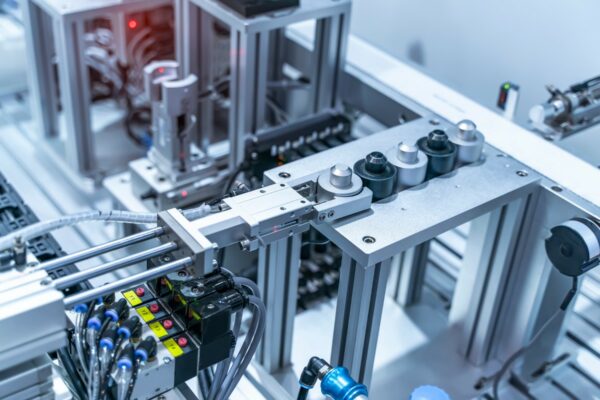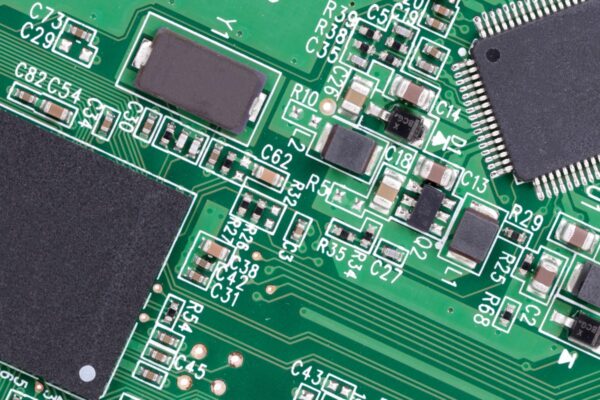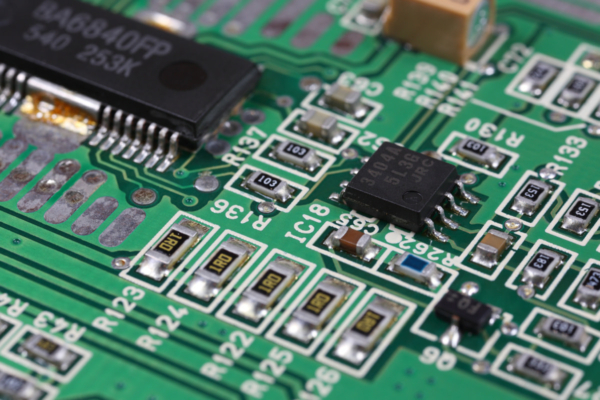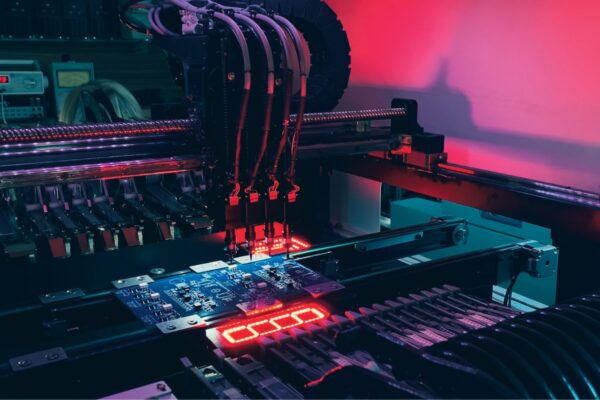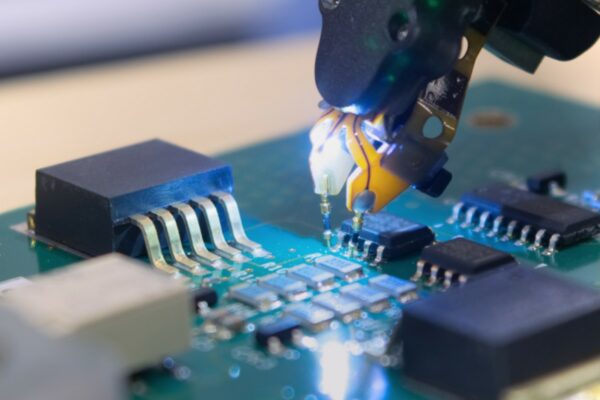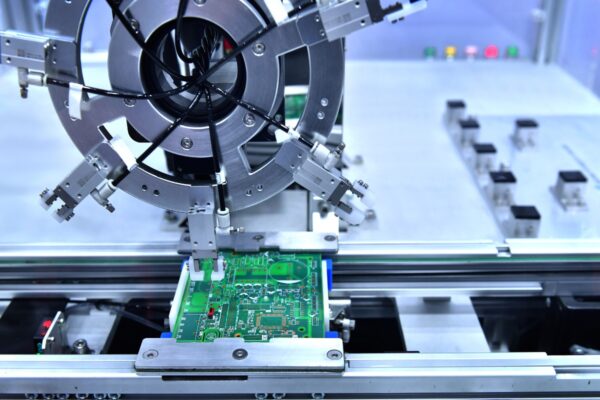What is Chip Tester
A chip tester, also known as automatic test equipment (ATE), is a tool to assess the functionality and performance of semiconductor chips. These testers consist of a combination of software and hardware components that are controlled by a computer to execute various testing functions on the chips.
The chip testing process involves two key stages: Chip Probing (CP) and Final Test (FT). During Chip Probing, the chip is probed to establish contact with its internal circuitry. This initial testing phase ensures proper connectivity and functionality before proceeding to the Final Test. The Final Test is conducted after the chip is packaged, and it encompasses different test methods and requirements depending on the type of chip being tested.
Different types of chips can be tested using chip testers, including analog chips, digital chips, mixed-signal chips, and memory/high-speed bus chips. Analog chips are used for interfacing with the physical world and deal with continuous signals, while digital chips employ discrete signals for data transmission, such as microprocessors. Mixed-signal chips integrate both analog and digital functions, requiring specialized testing. Memory/high-speed bus chips have more complex testing requirements due to their specific characteristics.
The chip testing system comprises several components, including the tester itself, the Device Interface Board (DIB) or probe card, the handler, and the test software. The tester generates signals based on the test program requirements and interacts with the chip being tested. The DIB/probe card acts as an interface between the tester and the chip, facilitating signal transmission and measurement. The handler is responsible for the physical movement of the chips during testing, while the test software enables engineers to develop test programs and control the testing process.
